Chicken Disease Prevention – Protect your chickens’ health effectively
Disease prevention for chickens is an important topic for poultry farmers today. Taking care of the health of chickens not only helps improve productivity but also protects public health.
Causes and consequences of not preventing diseases in chickens
Before going into disease prevention measures, we need to understand the causes and consequences of not doing this job well. Diseases can seriously affect chickens, RR88 hindering their development and growth.
Learn about common diseases in chickens
In the field of poultry farming, some common diseases are Marek’s disease, Newcastle disease, or respiratory infections. These diseases can spread quickly if not controlled properly. We need to spend time carefully studying these diseases to find effective prevention methods.
In particular, Marek’s disease can cause paralysis or death in chickens. Newcastle disease can cause mass deaths in chicken flocks in a short period of time. Therefore, before raising chickens, it is necessary to learn about the diseases.
Serious consequences of lack of knowledge
If farmers do not understand these diseases, they can easily fall into a situation of heavy losses. Economic losses due to epidemics can reach millions of dong. Weak livestock will also affect the quality of meat and eggs, not meeting market demand.
Outstanding issues in disease prevention
Without a specific plan for disease prevention, disease can spread and cause problems in farm management. This is especially dangerous when a farm has too many chickens and the number of diseases cannot be controlled. Therefore, planning for disease prevention measures is of utmost importance.
Effective measures in disease prevention for chickens
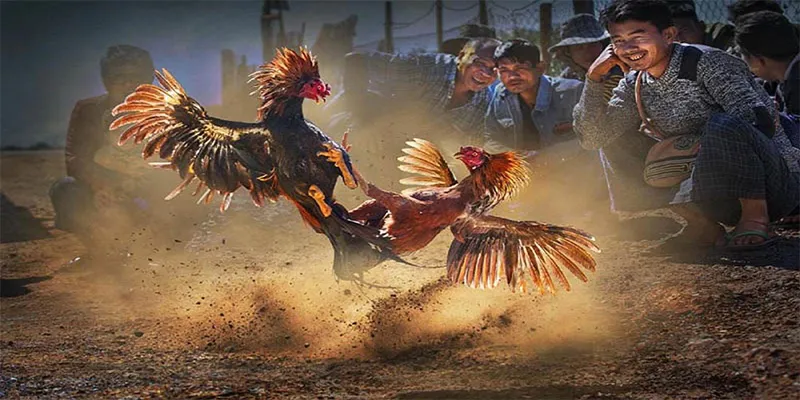
Effective measures in disease prevention for chickens
Once we have a clear understanding of the diseases, we need to move on to specific measures that can be taken to prevent diseases in chickens.
Housing and living conditions
Keeping your chickens clean is important in preventing disease. A clean environment will help reduce the chances of bacteria and viruses growing.
Cleaning the coop includes removing droppings, changing water for the chickens, and dealing with other sources of contamination that could affect the health of the flock. Separate areas should be provided for each type of chicken to prevent the spread of disease.
Causes and consequences of not preventing diseases in chickens
Routine vaccination
Vaccination of chickens is one of the most effective disease prevention measures. Regular vaccination with vaccines such as Newcastle disease vaccine, avian influenza vaccine, etc. will help increase the resistance of chicken flocks.
In addition, monitoring post-vaccination reactions and taking timely interventions are also important. Thanks to this, farmers can protect the health of chickens even when the surrounding environment has a potential risk of disease.
Proper nutrition
A nutritious diet not only helps chickens grow well but also enhances their natural resistance. Providing adequate vitamins and minerals will help chickens fight diseases.
Pay special attention to feeding your chickens more green vegetables and fresh food. This will help strengthen their natural immune system and reduce the risk of disease.
Regular health management
Health monitoring of chickens should be carried out periodically to detect early signs of abnormalities. Health monitoring allows farmers to intervene promptly for chickens showing symptoms of disease. In areas where concentrated farming is practiced, this is even more necessary.
Make it a habit to check your chickens’ health and note any changes, no matter how small, in their condition. If you notice any suspicious signs, seeking advice from a veterinary professional is an important step.
Techniques for taking care of chicks to prevent disease effectively
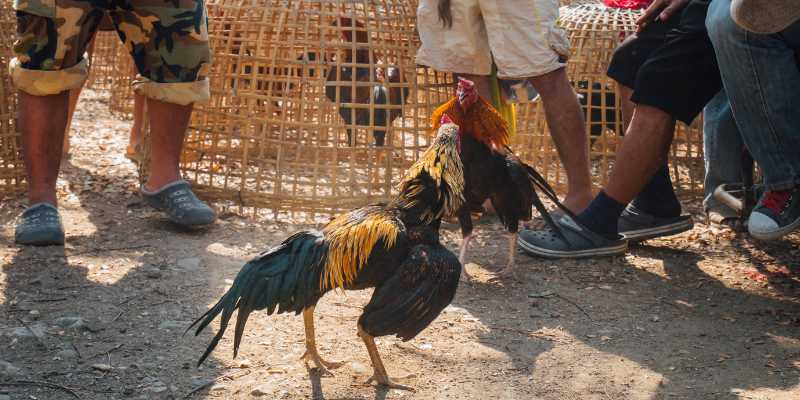
Techniques for taking care of chicks to prevent disease effectively
Caring for chicks is an extremely important part of preventing disease in chicken flocks. Chicks often have weak resistance, so proper care will contribute to their development.
Nutrition for chicks
Chicks need a complete and appropriate diet. Chick feed is usually rich in protein and vitamins needed for growth. Providing high quality food will help ensure that chicks grow quickly and healthily.
In addition, it is also important to feed chicks with fresh foods such as vegetables, tubers and fruits. These natural foods provide many essential nutrients and help strengthen the chicks’ immune system.
Suitable environmental conditions
The chicks’ living environment must be strictly controlled. The temperature and humidity in the coop must be maintained at a constant level to avoid stressing the chicks.
In addition, the coop needs to be well-ventilated to limit the growth of bacteria and viruses. Attention should be paid to maintaining the appropriate temperature for the chickens in the first days after hatching.
Regular health monitoring
Monitoring the health of chicks should not be overlooked. Timely detection of any abnormalities is essential to be able to intervene early.
When there are signs such as chickens not eating, diarrhea or signs of coughing, it is necessary to check their health immediately. This not only helps to save the chickens but also prevents the spread of disease to other chickens.
Training and education of farmers
Breeders need to equip themselves with adequate knowledge about caring for and preventing diseases for chicks. Attending classes, seminars, or reading specialized books and magazines will help improve personal care skills.
In addition, exchanging experiences among farmers raising chickens will also help improve knowledge and promote the application of best care techniques.
FAQs on disease prevention for chickens
What is the difference between pneumonia and Newcastle disease?
Pneumonia mainly affects the chicken’s respiratory system, causing difficulty breathing, while Newcastle disease also affects the nervous system causing symptoms such as unsteady gait and convulsions.
Should chickens be vaccinated every year?
Yes, regular vaccination is important to protect the health of your chicken flock. However, the vaccination schedule must be followed as directed by your veterinarian.
When is the best time to start vaccinating chickens?
The best time to start is as soon as you start raising chickens, with hygiene measures and vaccinations early in the chickens’ lives.
Effective measures in disease prevention for chickens
How to know if chicken is sick?
Signs include poor appetite, loss of energy, seeming sad, or having other unusual symptoms such as cough and diarrhea.
Can you feed chickens leftovers?
It is best not to feed leftovers to chickens to avoid contamination and disease. Chicken feed should be kept clean and fresh.
Conclude
Disease prevention for chickens is a task that cannot be taken lightly in poultry farming. With the right preventive measures, farmers can protect the health of their chickens, save time and money, and ensure that their chicken products meet quality standards. Hopefully, this article will provide useful information to help you care for and prevent diseases in your chickens in the most effective way.
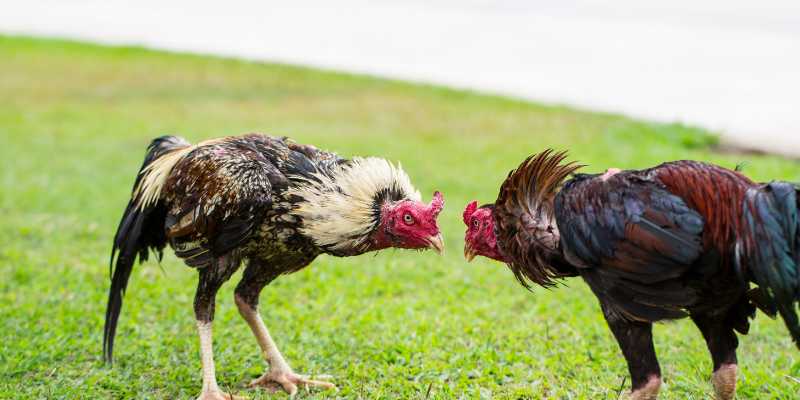



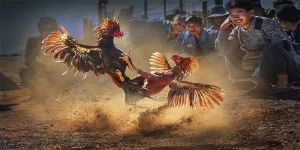



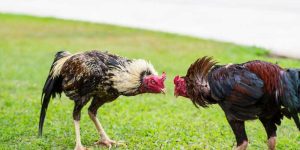



Post Comment